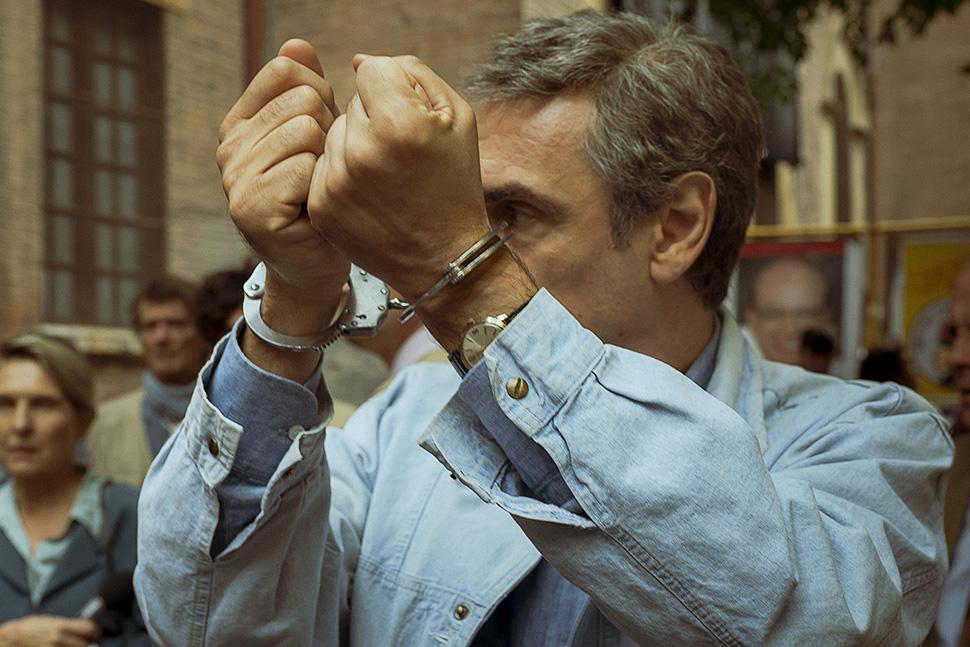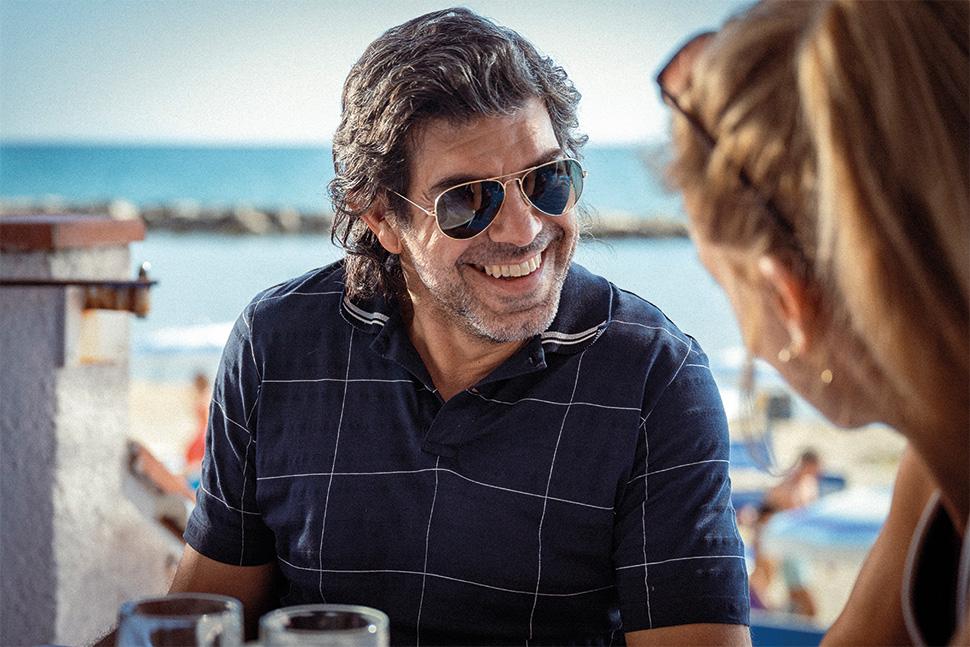Venice Film Festival 2025, Review tv series Portobello
Discover the tv seres Portobello, at Venice Film Festival

Having 18 million viewers on a television show, then sharing a cell with five inmates. This is the parable of Enzo Tortora (Fabrizio Gifuni) who, in the TV series Portobello – directed by Marco Bellocchio – shows his steadfastness when faced with accusations he cannot comprehend.
In 1982,
during the very broadcast that consecrated Enzo Tortora to success, inmate
Giovanni Pandico (Lino Musella), affiliated with Raffaele Cutolo's (Gianfranco
Gallo) clan, confesses that the presenter is affiliated with the 'Ndrangheta
crime syndicate, allegedly receiving monthly drug shipments to distribute among
showbiz figures. In reality, Pandico is furious with Tortora for not responding
to his letters sent from prison: he wanted his cell-embroidered "doilies"
to be sold during the show, and after Tortora's lack of response, he decides to
seek revenge.
Tortora
emerges as a scapegoat, perhaps guilty of the media clamor surrounding his
show, which – like any success – is not immune to sacrificial envy.
© All rights reserved
You Might Be Interested

Crime 101 review: a stylish and detailed heist film
Chris Hemsworth, Mark Ruffalo, & Halle Berry in a refined ode to classic crime thrillers that rewards your attention

Review of The Housemaid: Sydney Sweeney stars in new thriller
The Housemaid boasts shocking twists under a poker face, but shows its’ cards too early

Avatar: Fire and Ash review: James Cameron is back for box-office blood
The Oscar-winning filmmaker’s latest wrestles between mesmerizing optics and deep storytelling, tiring itself out.

Zootopia 2 review: Disney Animation’s sequel pushes visual boundaries
Proving the first film was no one-trick pony, Disney grabs the bull by the horns for a second amusing animal adventure
-Bufo-(credit)-Max-Smeds.jpg)
Review of Shadowland, the documentary about Richard Stanley
Directed by Otso Tiainen, in competition at the Torino Film Festival

Hamnet review: Metamorphosis in the life of Shakespeare, with Paul Mescal, Jessie Buckley
To be or not to be; director Chloé Zhao answers yes with the story that conceived Shakespeare's seminal Hamlet

Movie review Running Man
The film is a remake of the 1980s cult classic starring Schwarzenegger.

Now You See Me: Now You Don’t; The series’ latest struggles to spellbind
The next stage of the magical mavericks leans on humdrum hocus-pocus to pull Rabbit out a hat at the box-office

